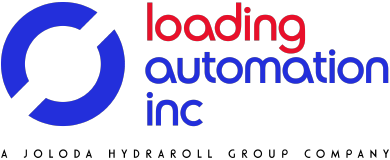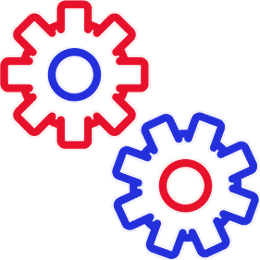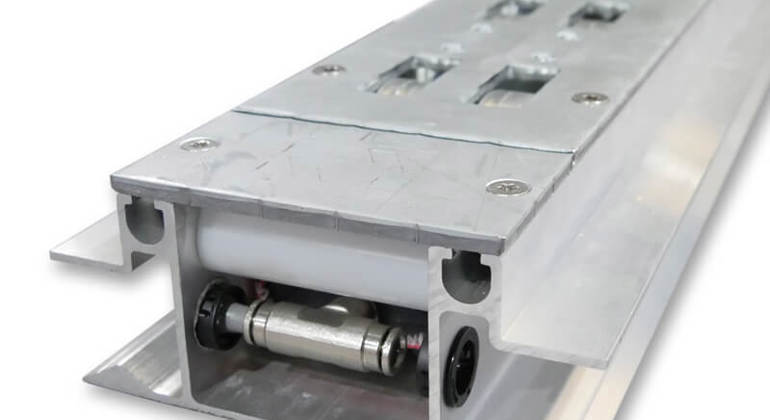Supply chain managers should frequently consider individual logistics processes and their impact on the overall efficiency of the supply chain.
For example, could and should that process be automated? How could it affect productivity, efficiency, customer service and cost savings? It can sometimes surprise supply chain managers to hear, but automating the loading and unloading of trucks transporting their goods between the factories and warehouses rates very highly across these criteria.
For one thing, automated handling of pallets drastically reduces the risk of delays in service, accidents, and damage during loading or unloading. It saves thousands of arduous man-hours and eliminates the need for costly forklift trucks altogether.
What’s more, with a faster and more reliable loading and unloading process, fewer trucks are needed to transport the required number of pallets per day. This results in less time lost to idling and more time gained for strategising, such as adapting routes to possible traffic restrictions, avoiding peak traffic hours, or adjusting the service schedule to the most productive internal workflows.
Demands on supply chains are constantly evolving, but keeping these seven points front of mind can help ensure their continual optimisation. In doing so, supply chain managers could unlock huge savings from supplier costs, inefficient manual processes, inventory mismanagement and more.













